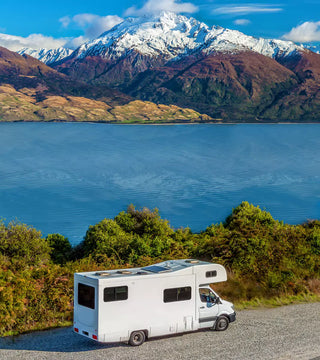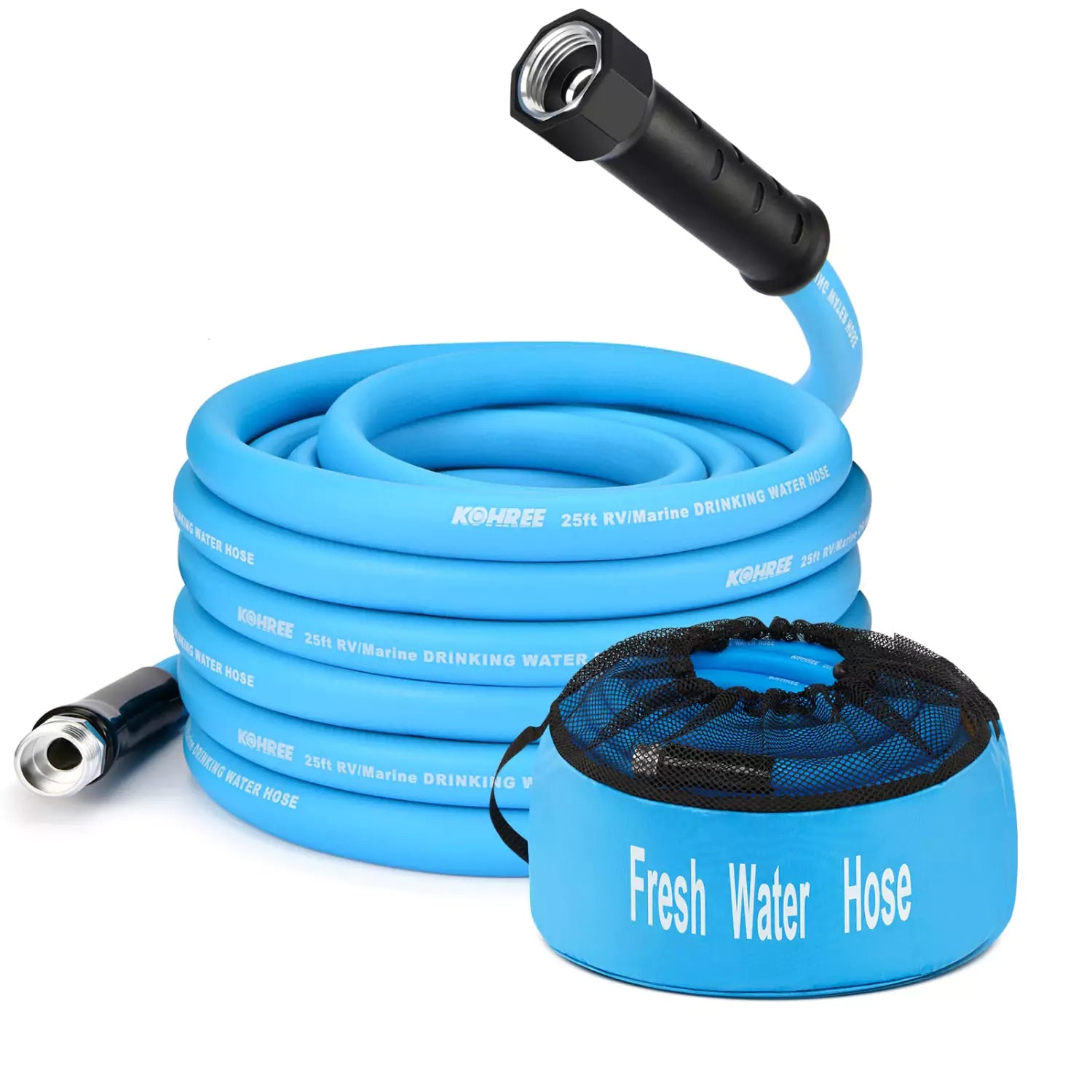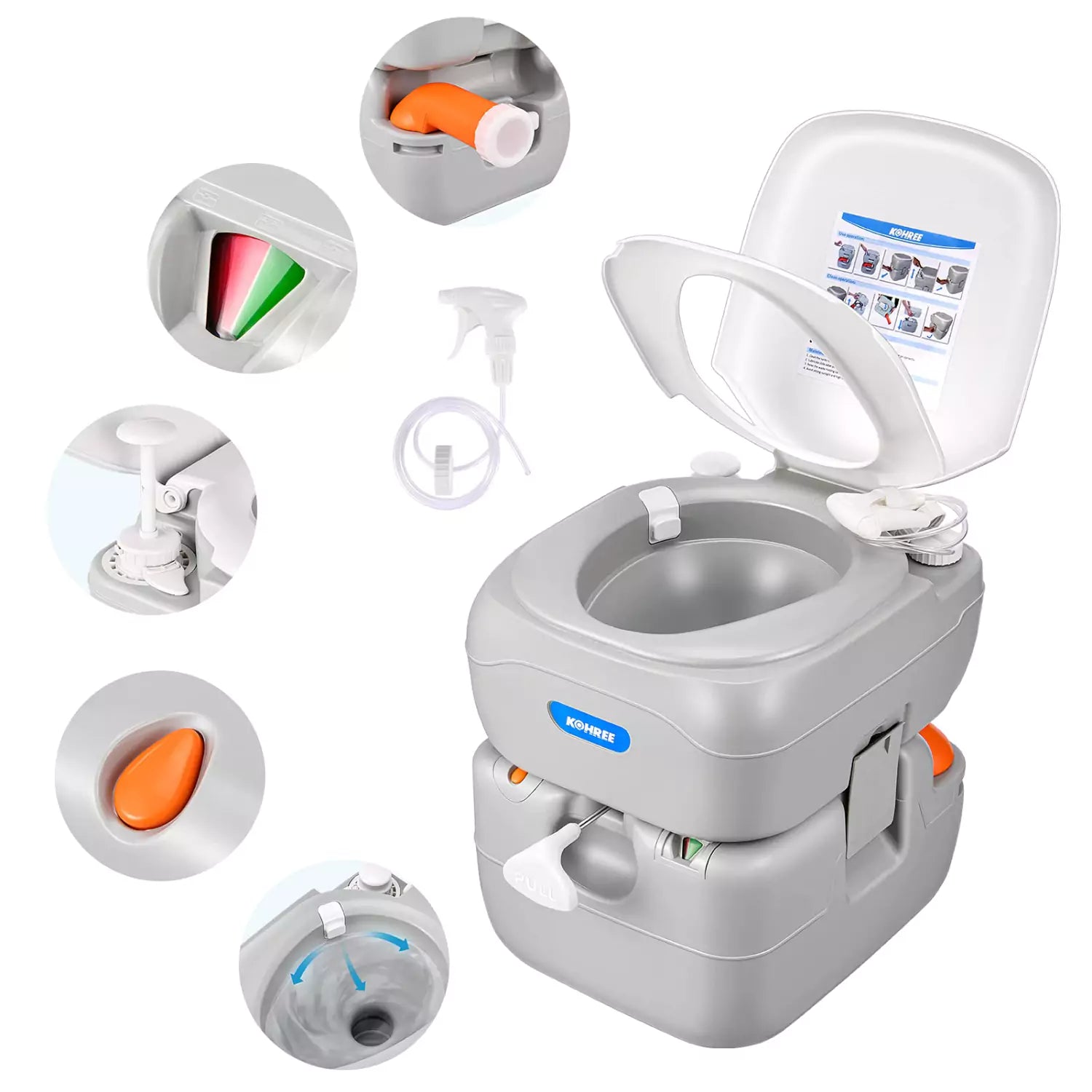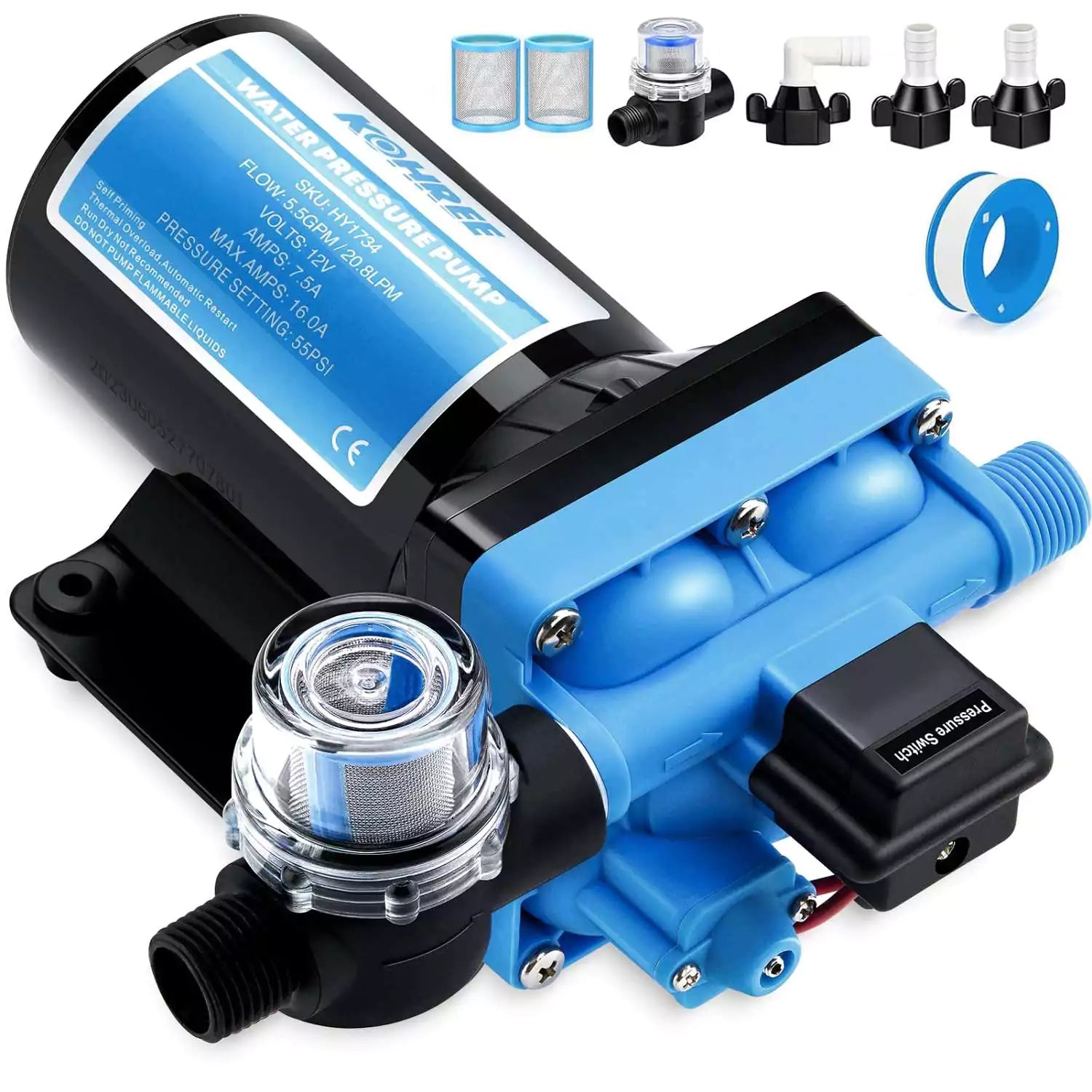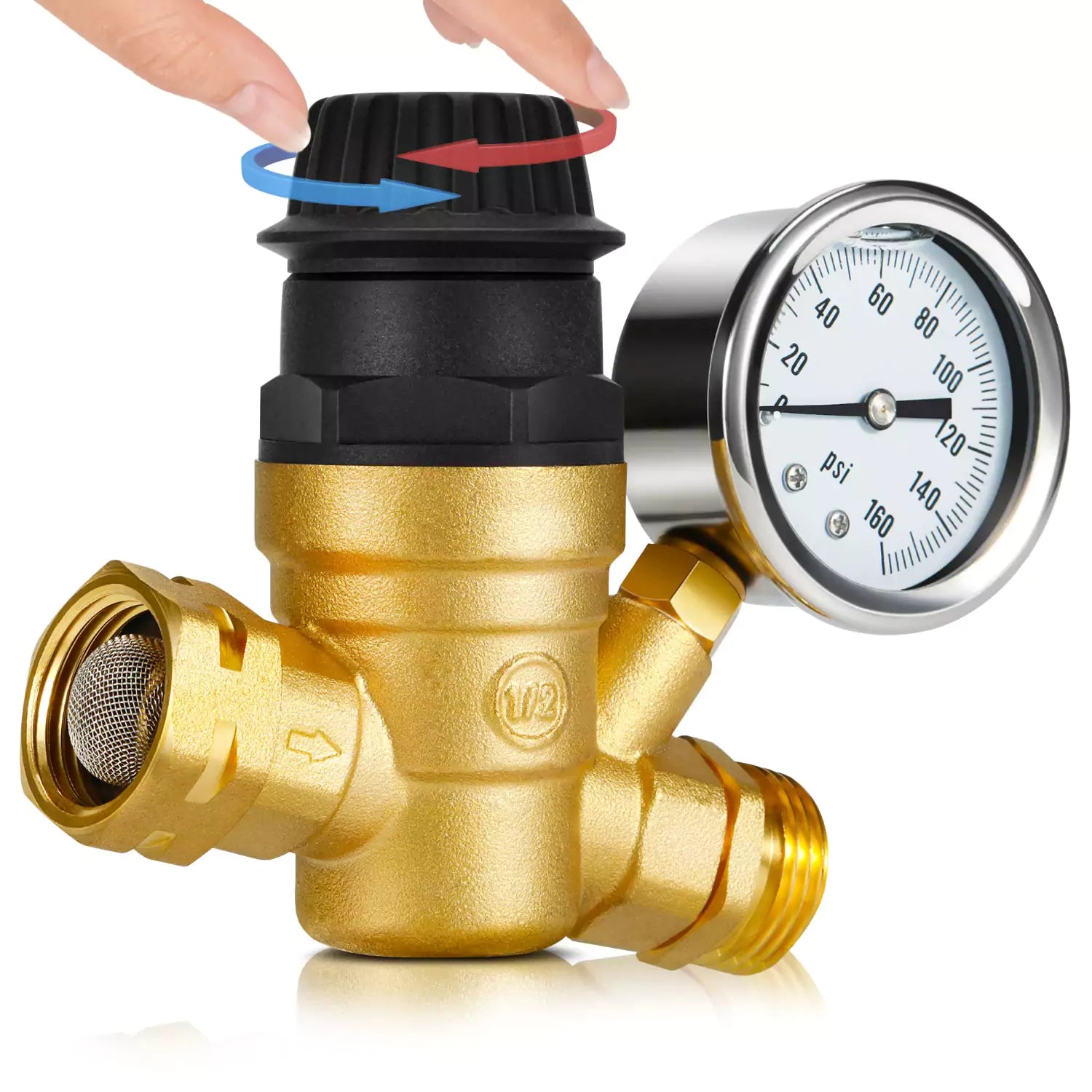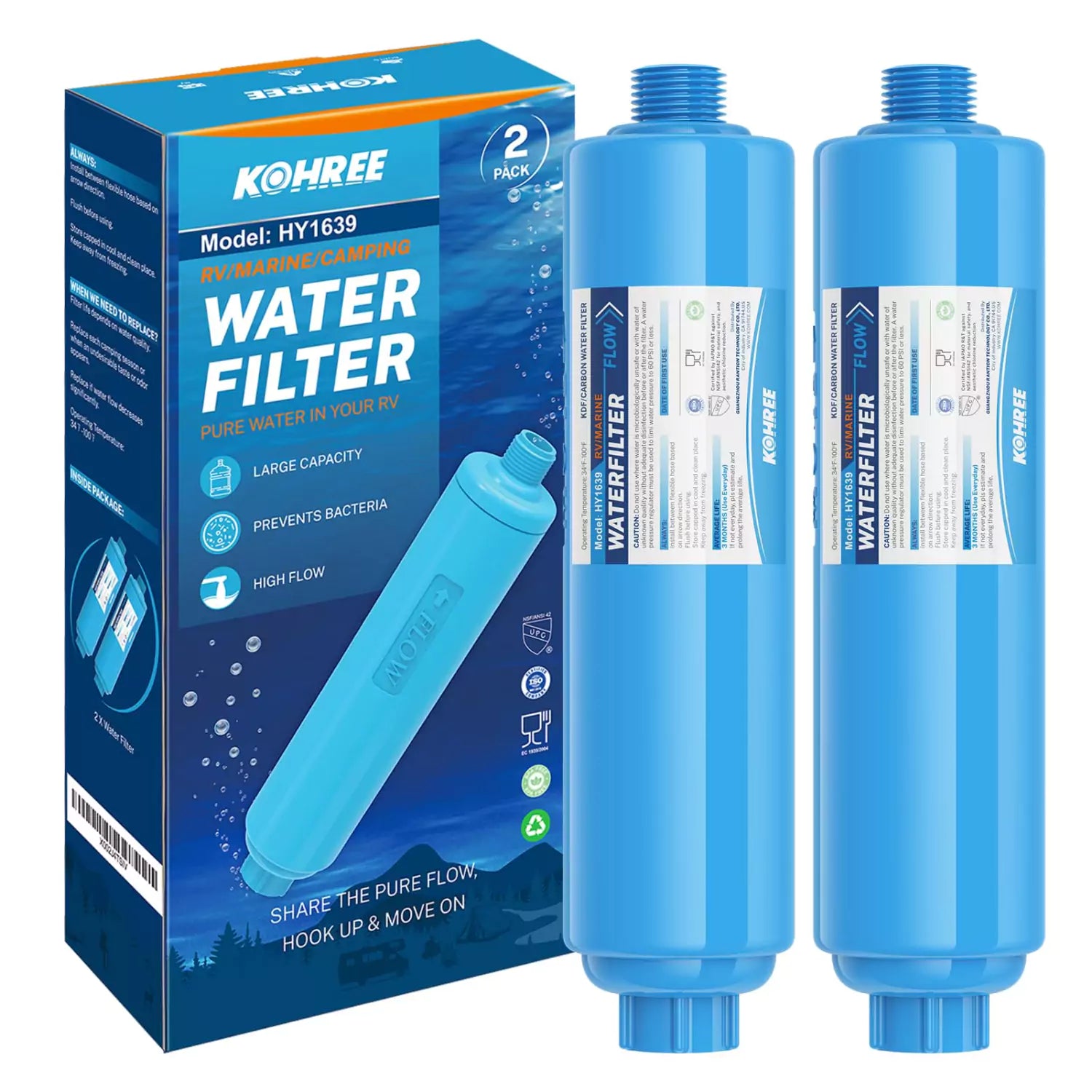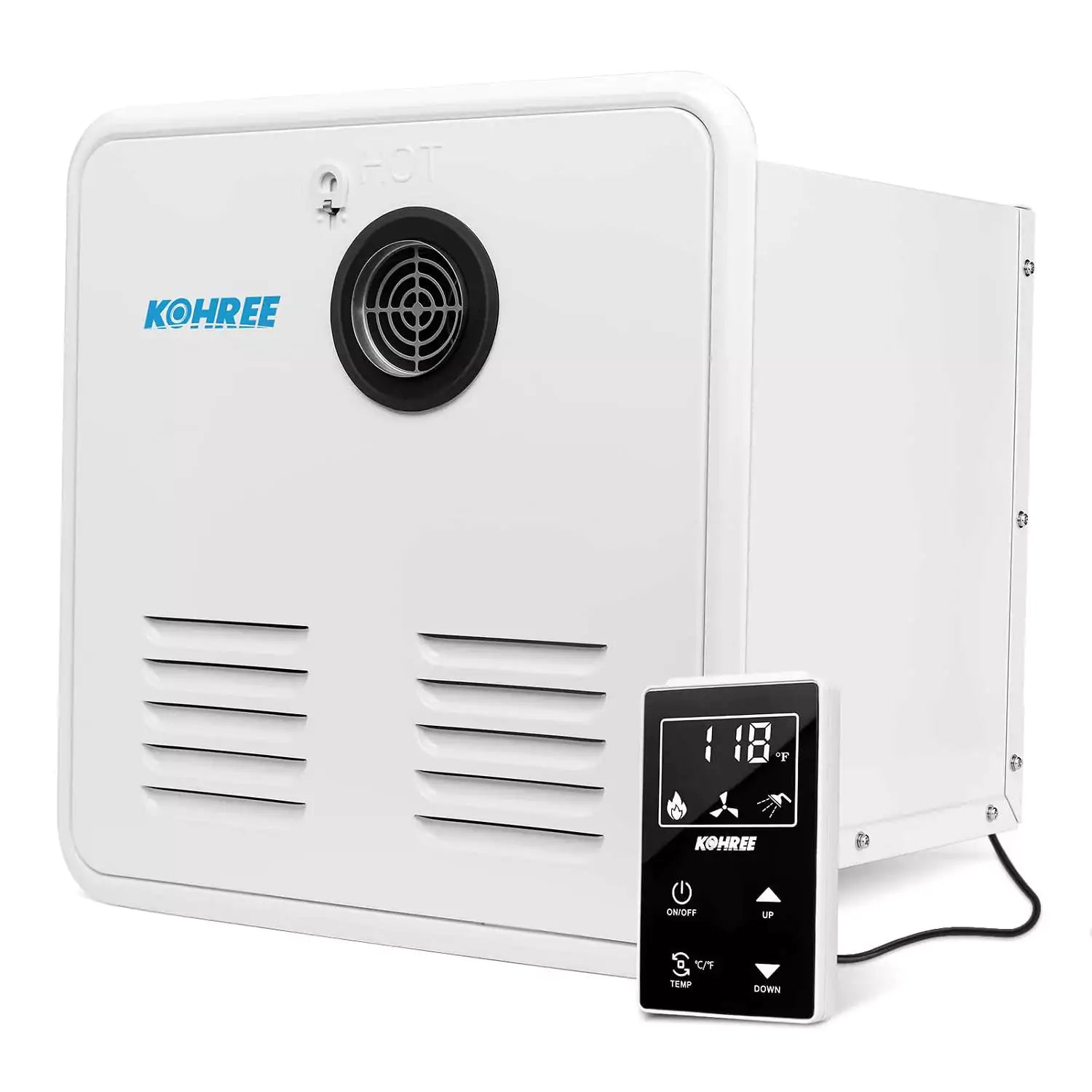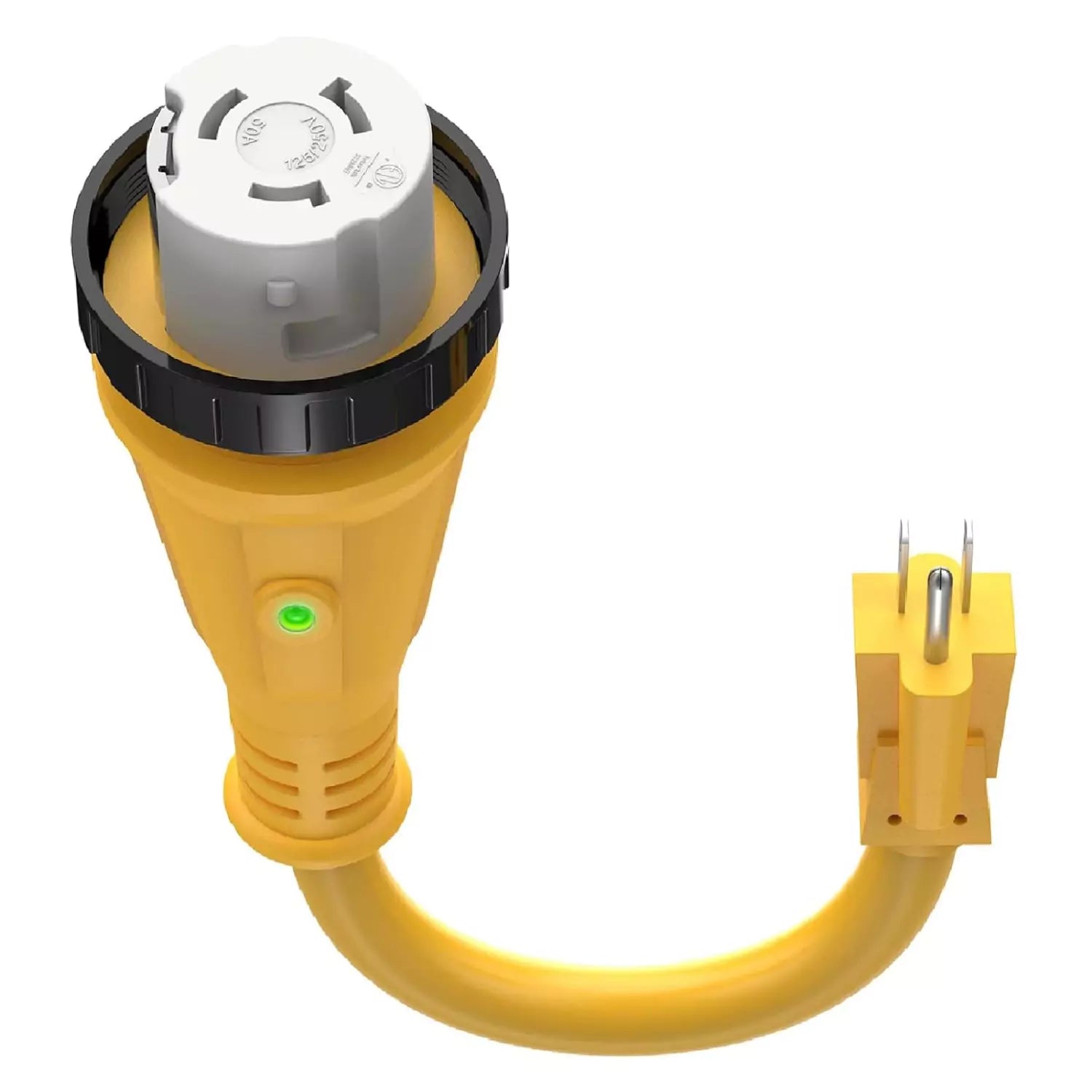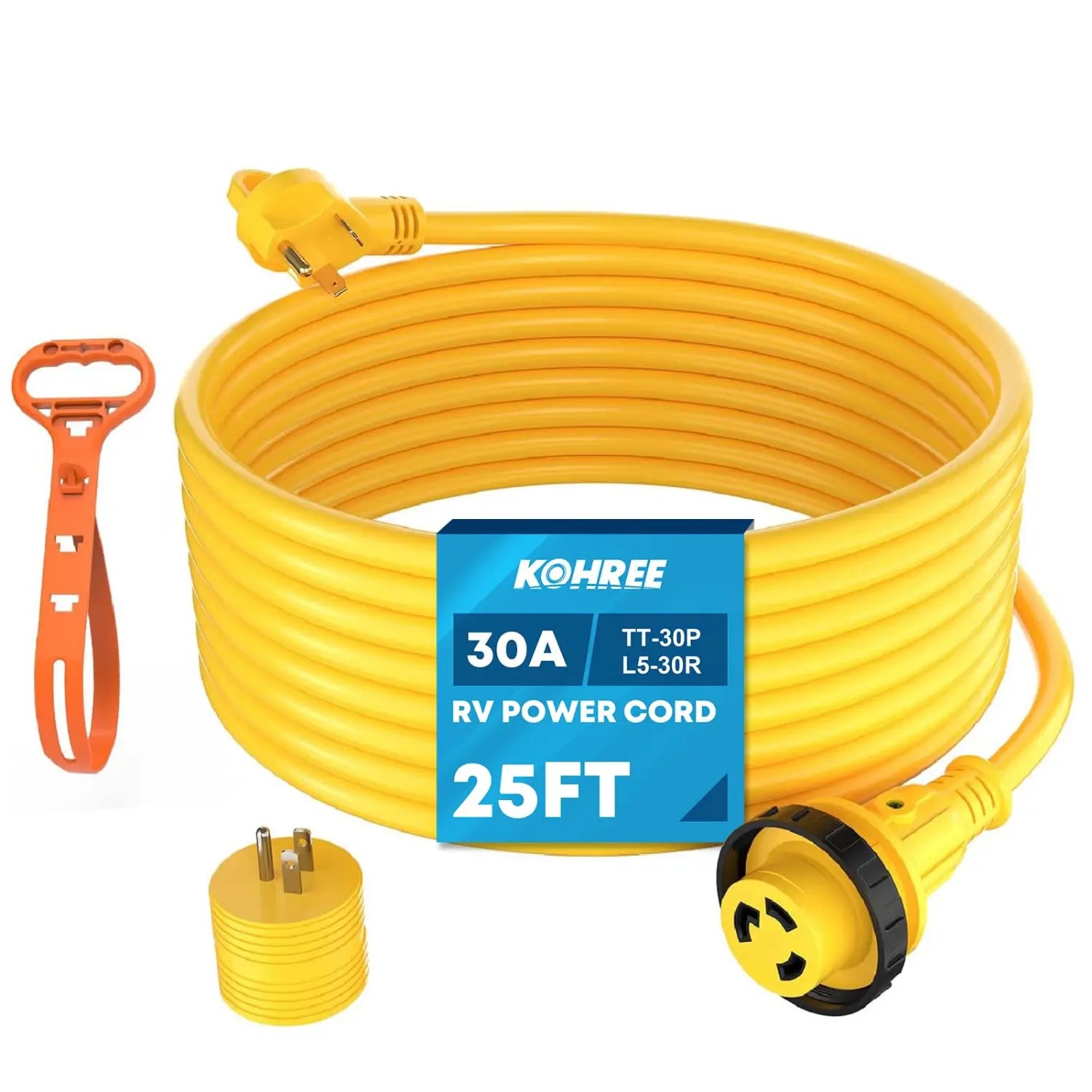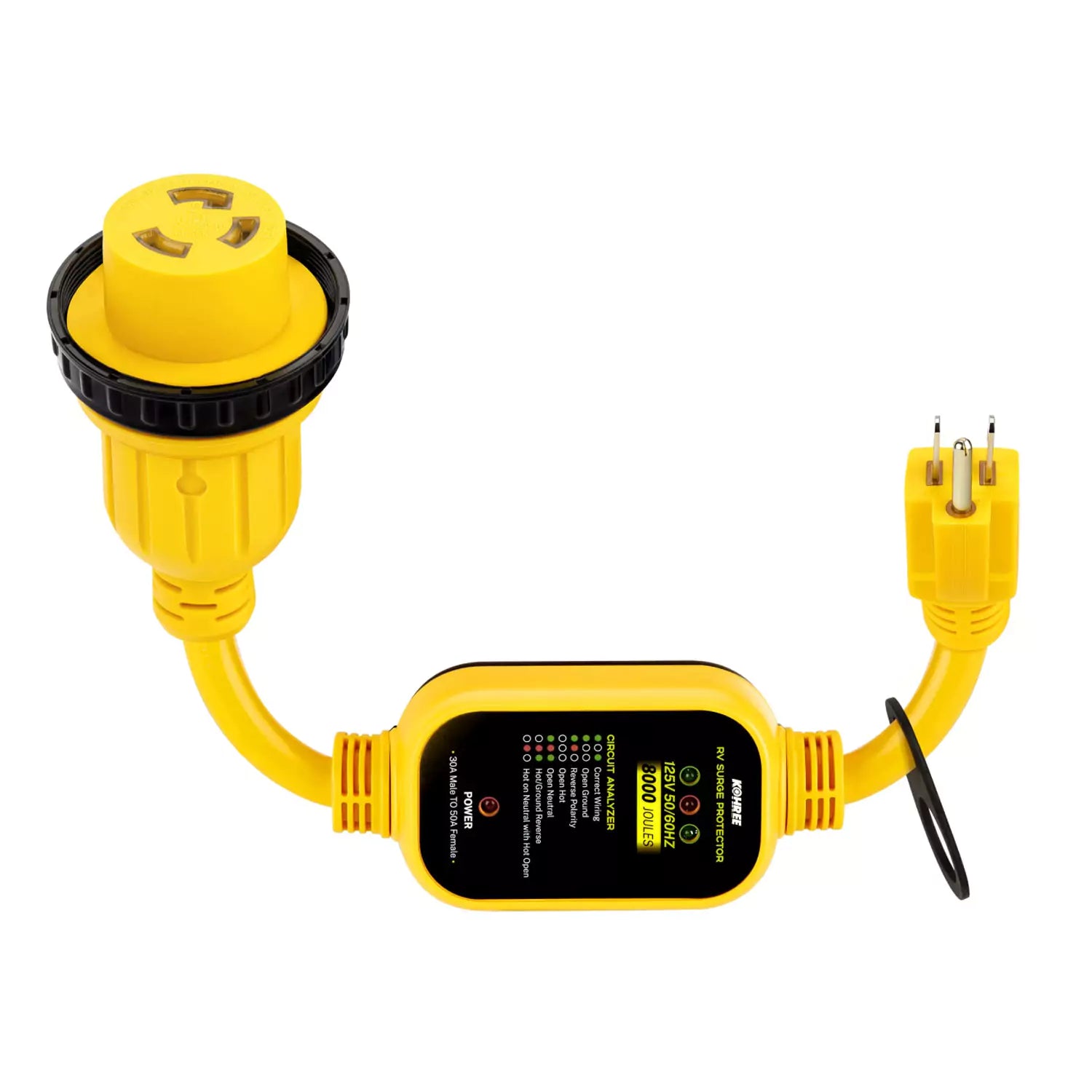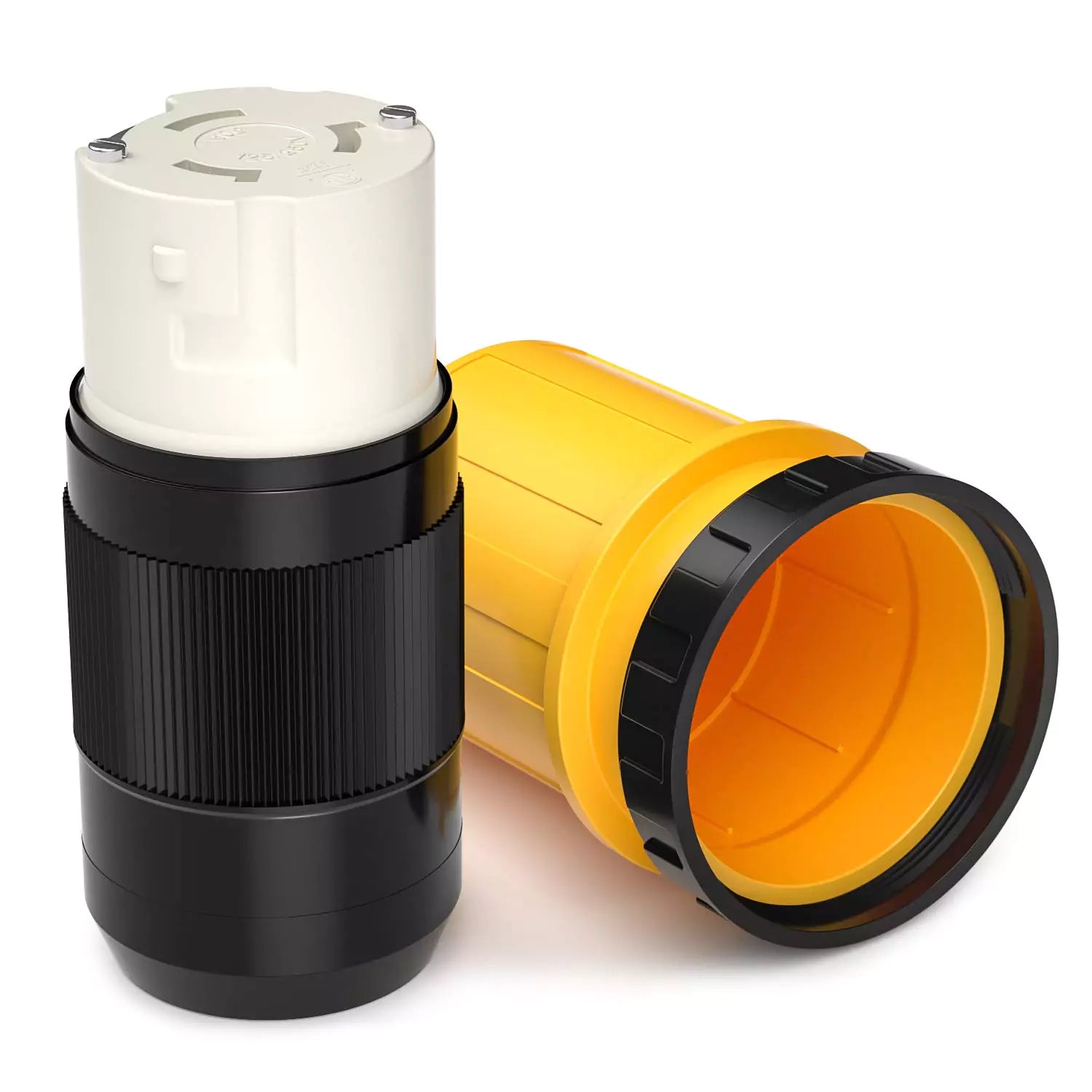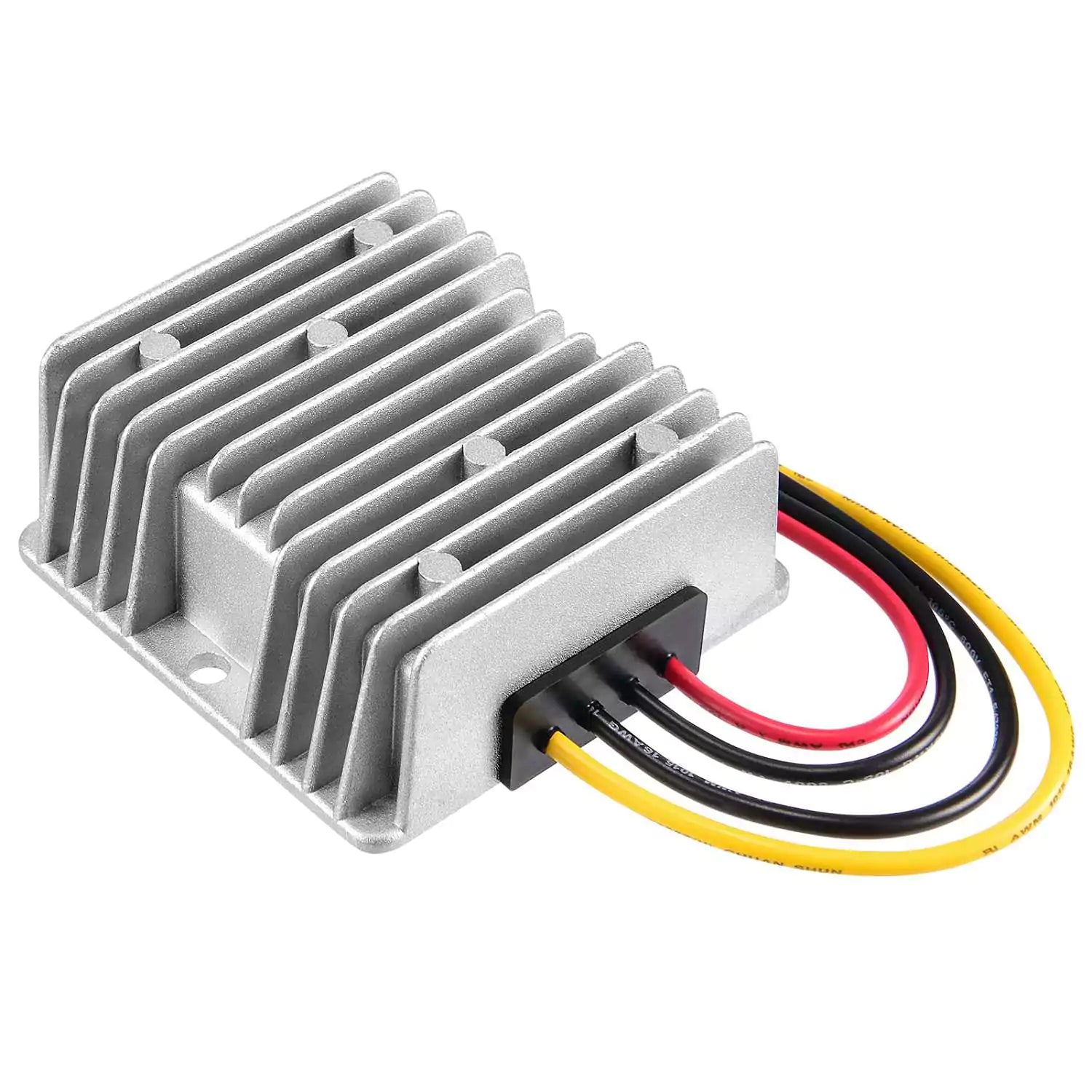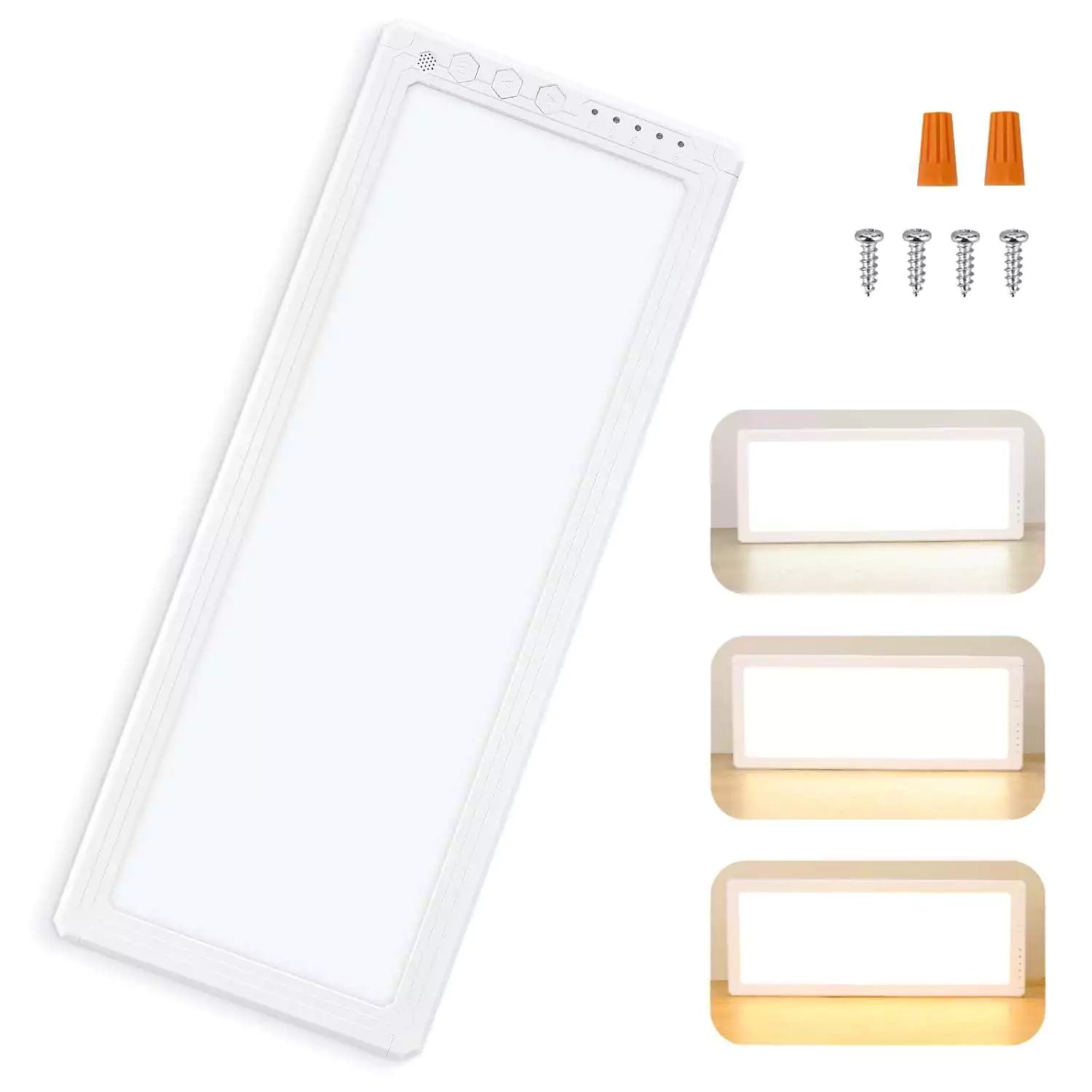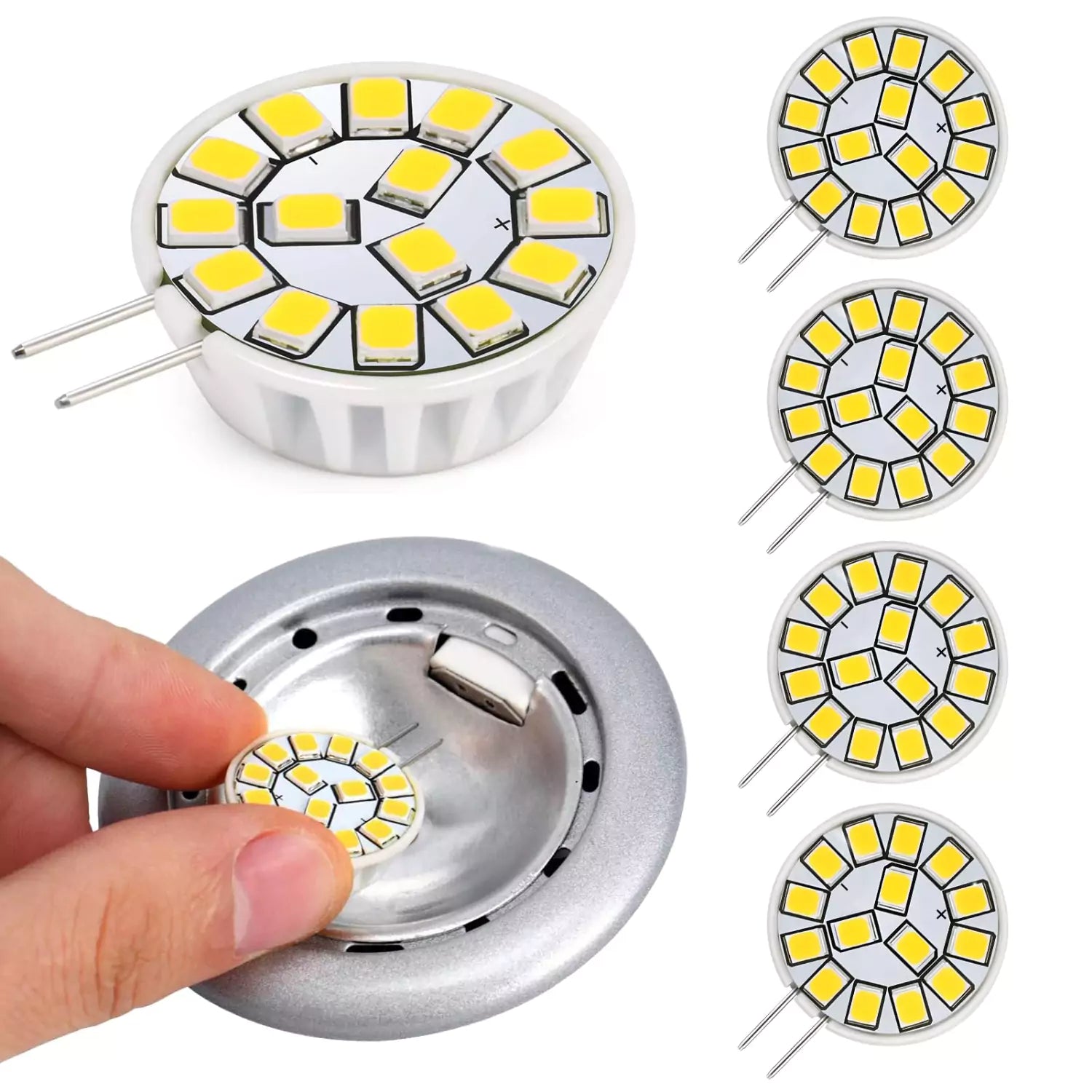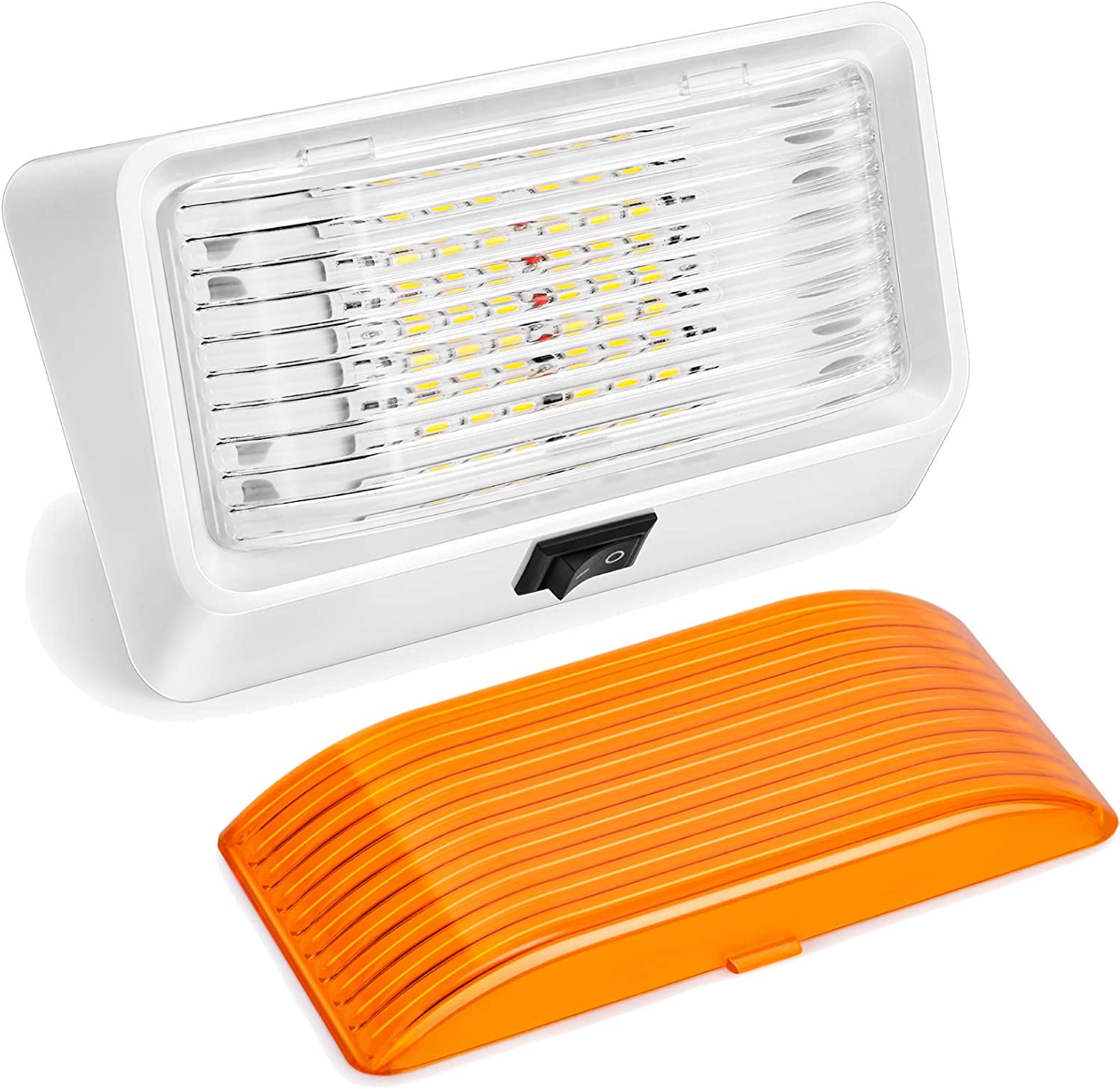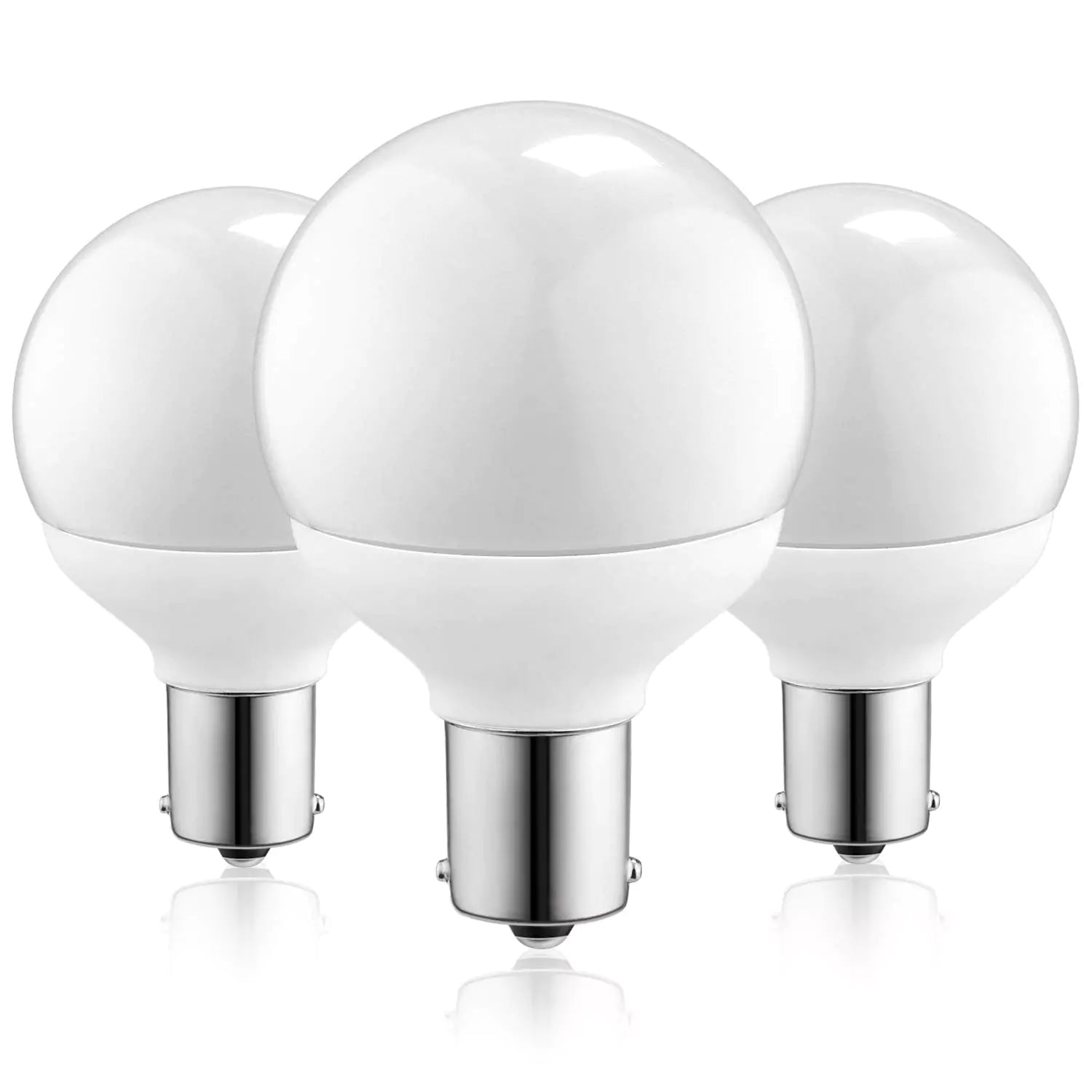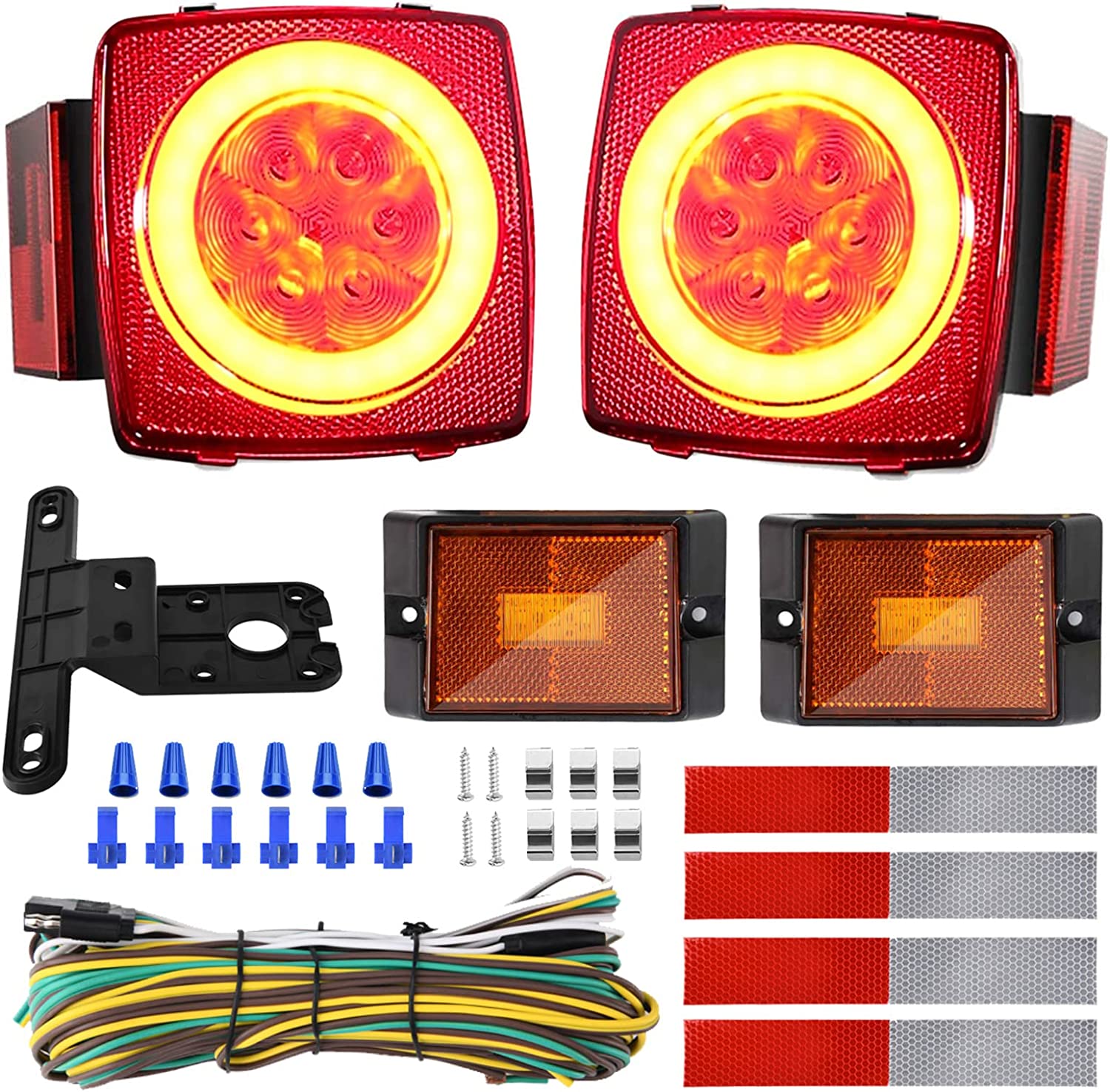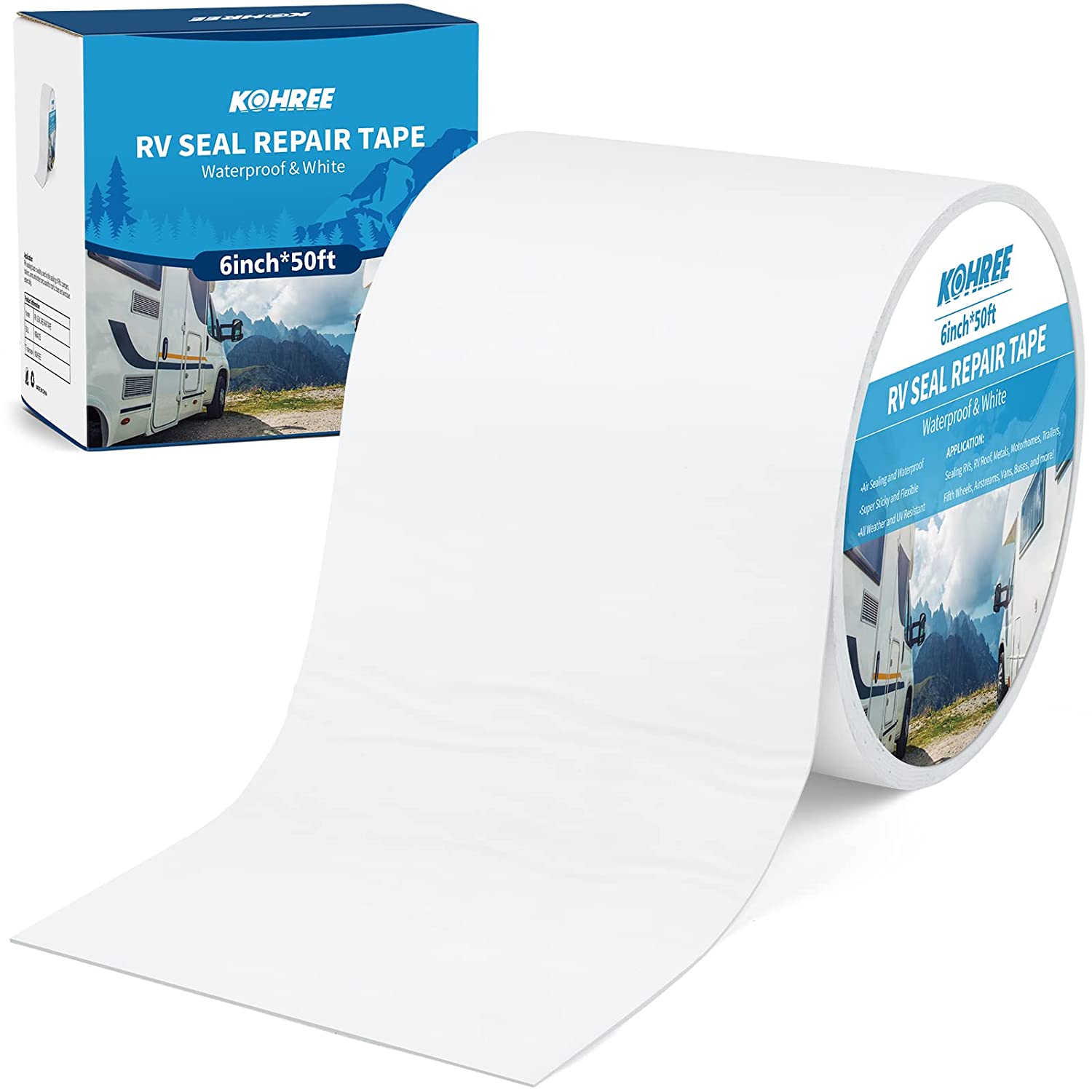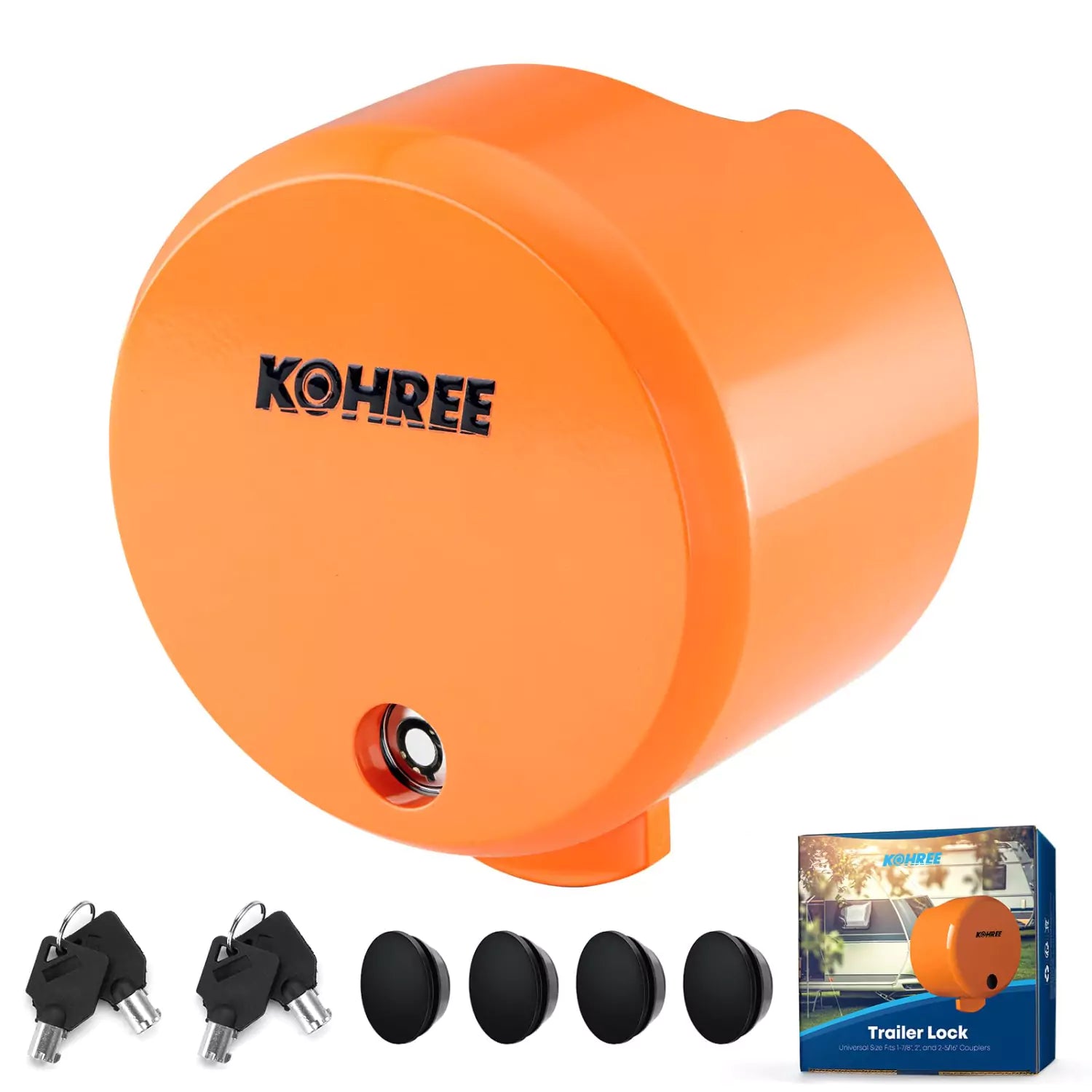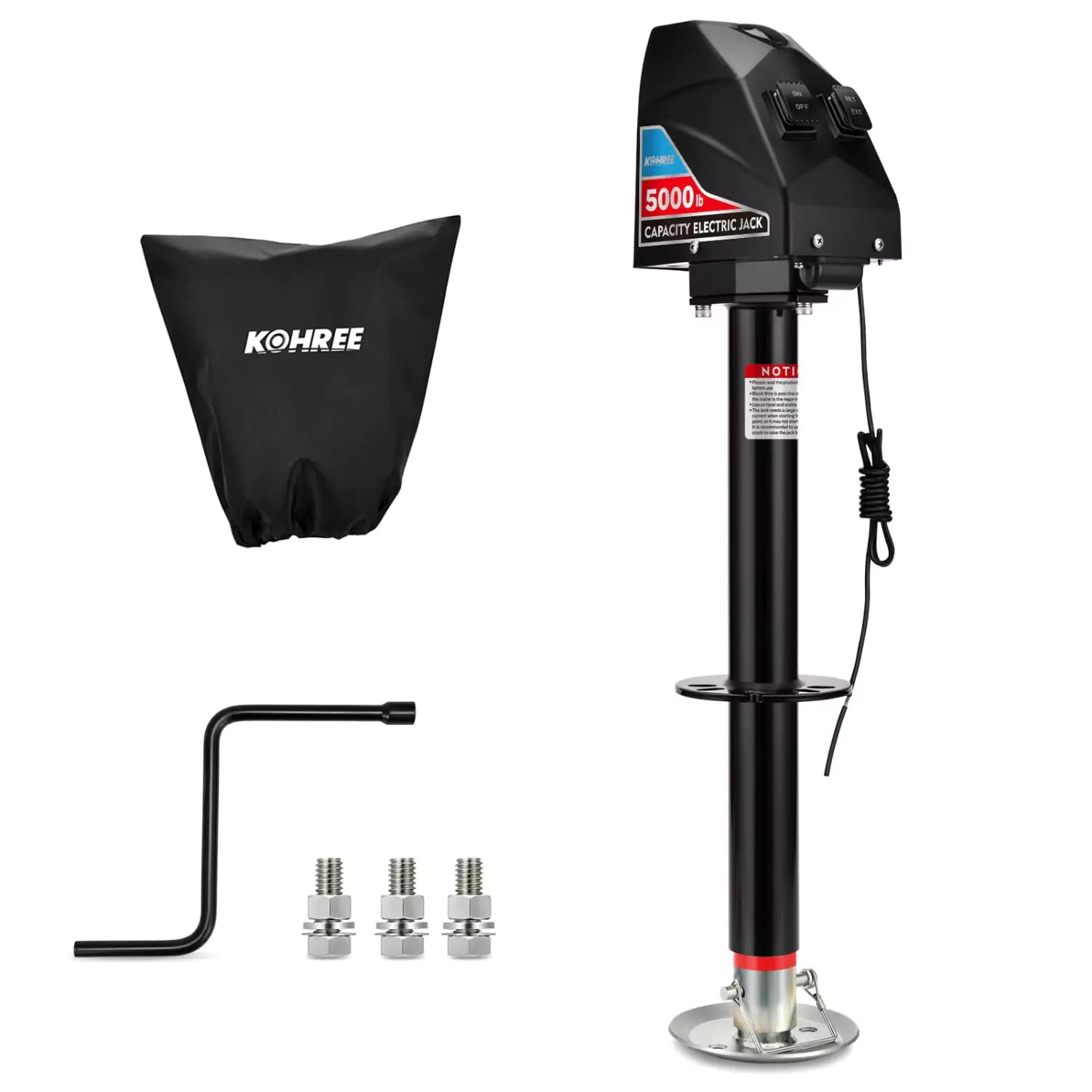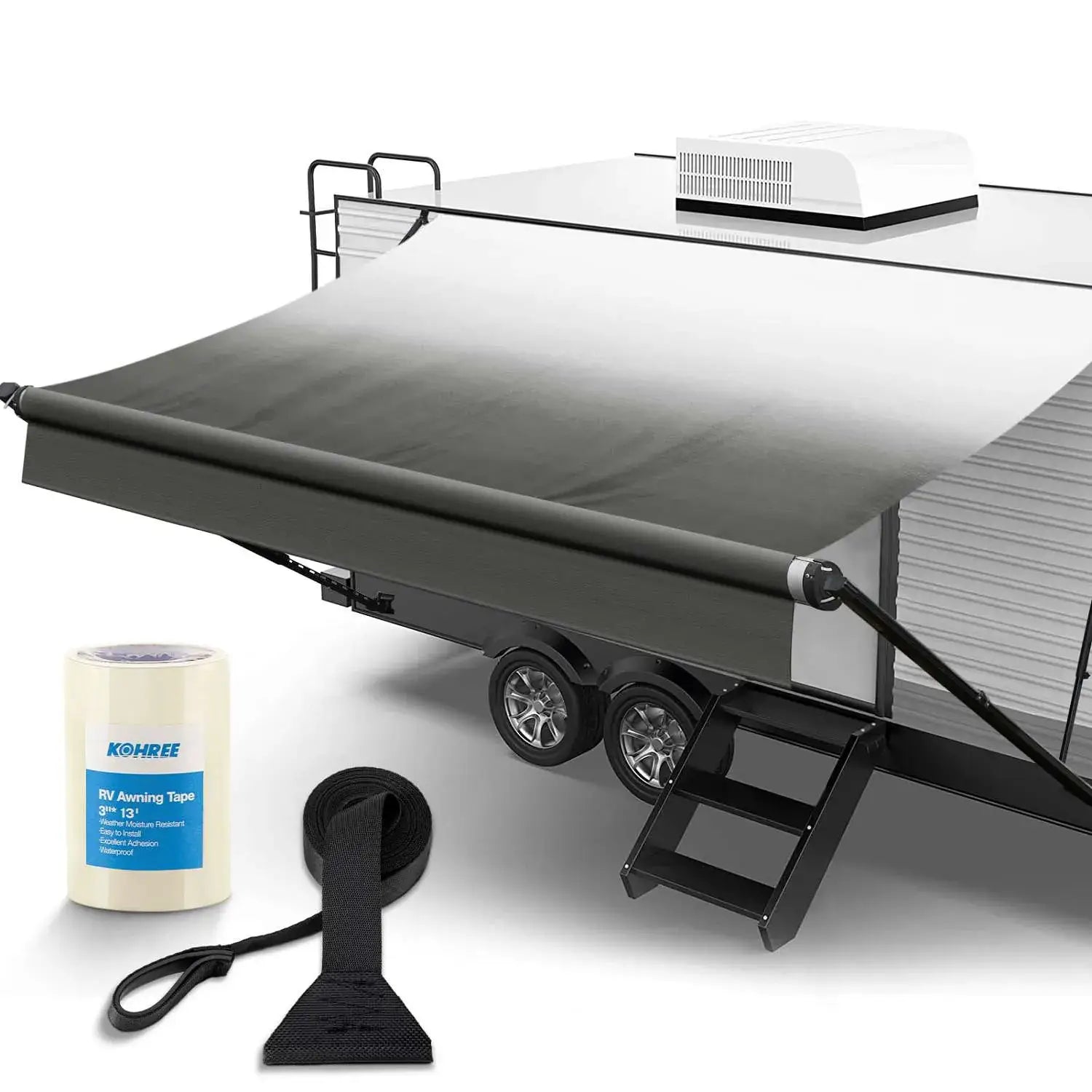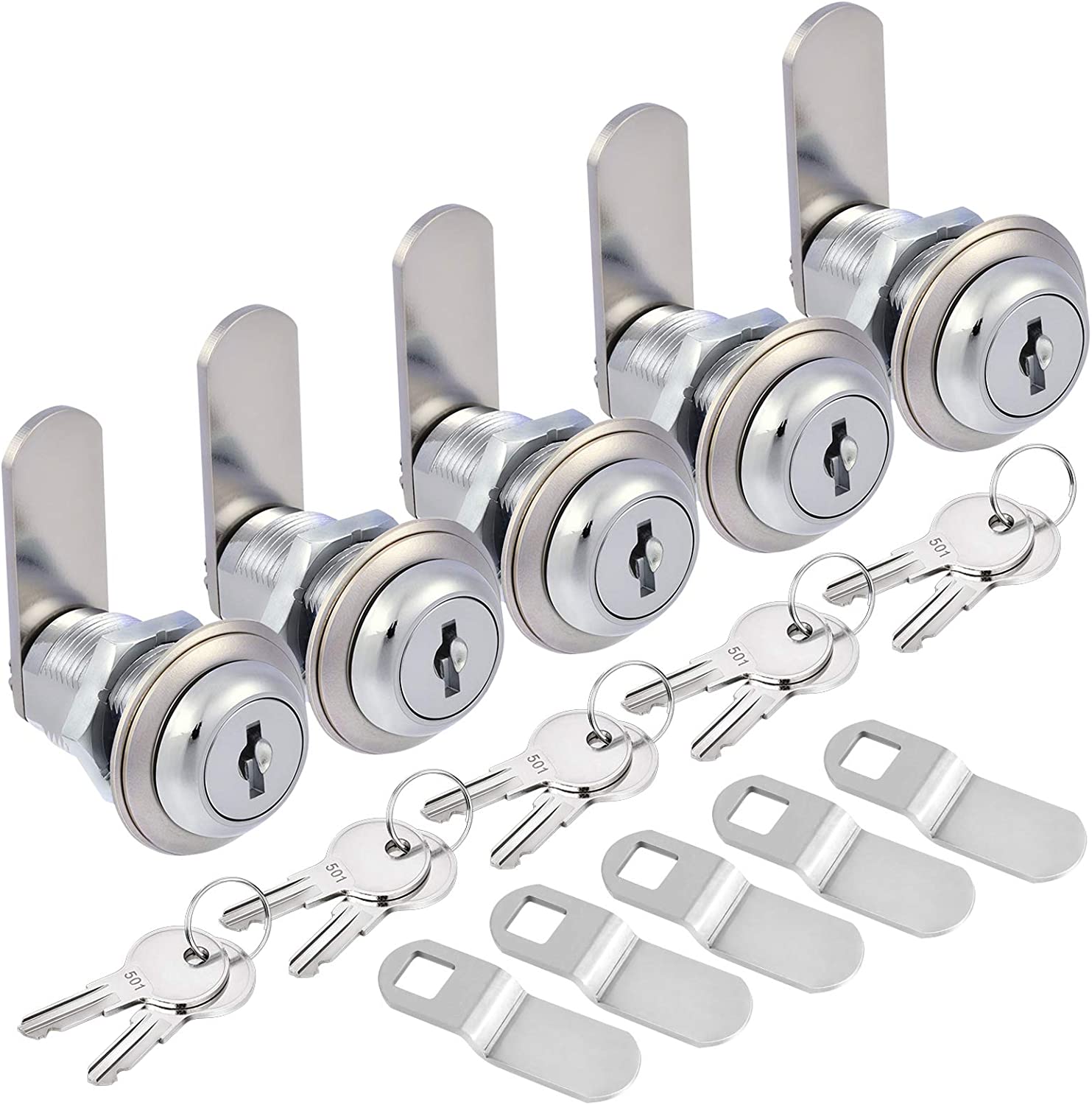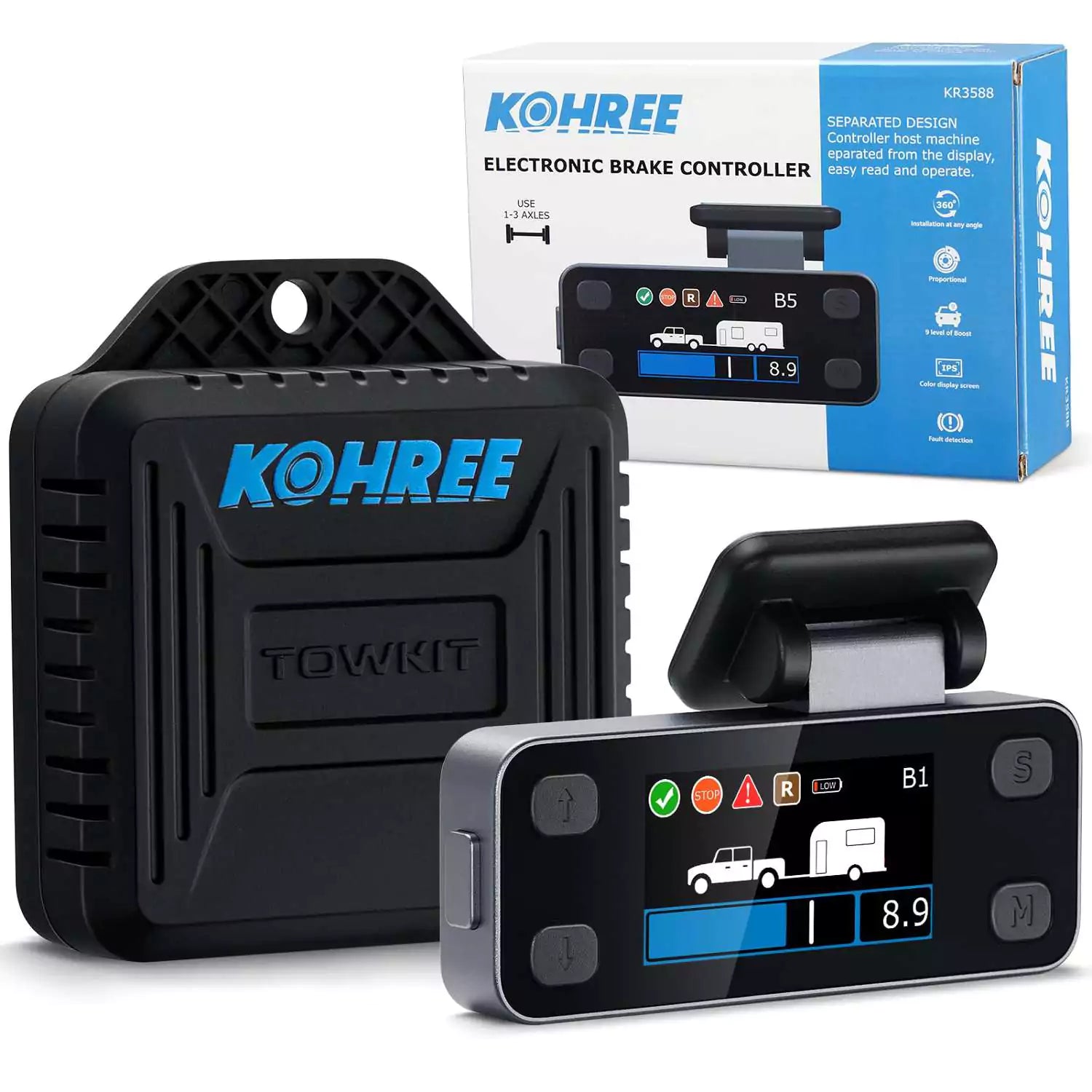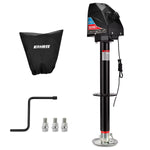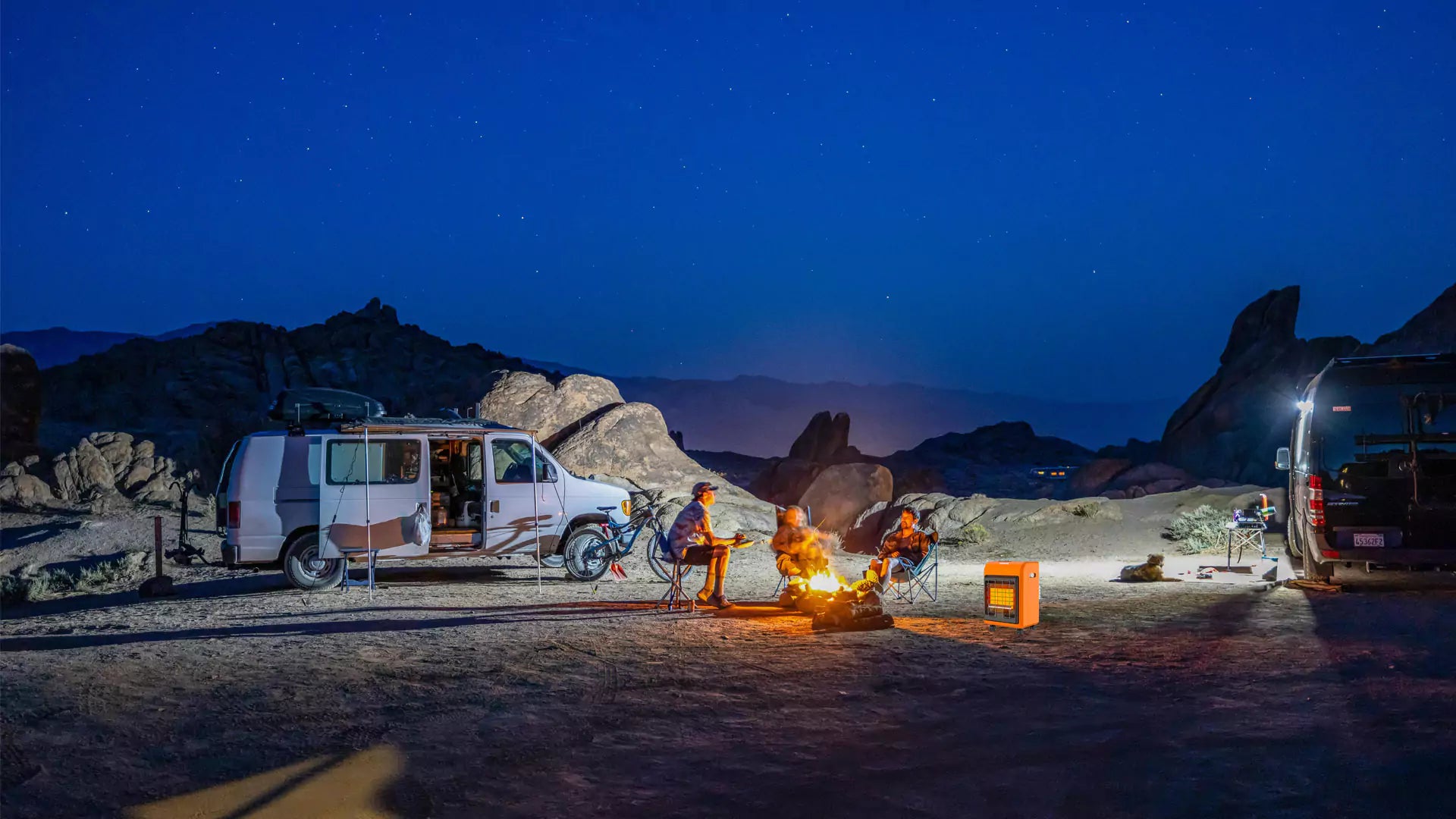When the temperature drops, there's no need to move your outdoor gatherings indoors. Thanks to modern propane heaters, you can extend your outdoor entertaining season well into the cooler months. Whether you're barbecuing, hosting a party with family and friends in your garden, or just simply enjoying an evening on your patio, choosing a portable propane heater can make all the difference in creating a comfortable atmosphere for you and your guests.
In this comprehensive buying guide, we'll walk you through everything you need to know to choose the perfect propane heater for your outdoor event. From understanding the different types of propane heaters to considering safety features, heating capacity, and portability, we'll help you make an informed decision that keeps everyone toasty and comfortable.

Are Propane Heaters Worth to Invest In?
What is a Propane Heater?
The propane heater is a device designed to generate heat using propane gas as a fuel source. Propane is a clean-burning, energy-efficient fuel that is often used for heating in areas where electricity or natural gas isn't readily available. These heaters are generally not recommended for indoor use (unless the space is large and well-ventilated), they are more often used outdoors, making them a versatile option for heating various environments.
Propane heaters come in various designs and sizes, each suited for different heating needs. These heaters work by burning propane gas, which produces heat. The heat is then radiated into the surrounding space. Since propane is a compressed gas, it is stored in small tanks that can be easily transported and swapped out when needed. This makes propane heaters highly mobile and flexible for use in a variety of outdoor settings.

Benefits of Using Propane Heaters for Outdoor Events
-
Instant Heat: First off, they're incredibly efficient at heating outdoor spaces, providing instant warmth at the touch of a button. Unlike electric heaters, propane units don't need time to warm up - they deliver immediate and greater heat output, which is crucial when you're dealing with unexpected temperature drops during an event.
-
Portability and Versatility: Most propane heaters can be easily moved around your event space, allowing you to adjust the heating arrangement as needed. They're also independent of electrical outlets, which gives you complete freedom in terms of placement. You can position them wherever heat is needed. This makes them perfect for events like outdoor weddings, parties, camping, or tailgating.
-
Cost-effectiveness: While the initial investment for propane heaters might be higher than some alternatives, propane can be burned directly for use, resulting in higher energy utilization efficiency compared to electricity and other fossil fuels. Consequently, the operating costs are typically lower compared to other fuel-powered heaters.
-
Suitable for Emergencies: You'll also appreciate their reliability - propane heaters continue working during power outages, ensuring your event won't be disrupted by electrical issues.
Types of Propane Heaters
-
Portable Propane Heaters
Portable propane heaters are the Swiss Army knives of outdoor heating. These compact units are designed for maximum flexibility and ease of use. They typically come with built-in handles and wheels, making them perfect for events where heating needs might change throughout the day. Most portable models range from 10,000 to 45,000 BTUs, providing enough heat for small to medium-sized gatherings.
The best part about portable units is their versatility. You can easily move them from one area to another as your guests migrate around the space. They're also great for storage as they don't take up much space in your garage or shed during the off-season.

-
Wall-Mounted Propane Heaters
Wall-mounted propane heaters offer a permanent heating solution that doesn't take up valuable floor space. These units are typically installed on walls or under covered patios, providing consistent warmth to specific areas. They're particularly popular in commercial settings like restaurants with outdoor seating areas, but they're equally effective for residential use.
The main advantage of wall-mounted heaters is their ability to provide targeted heat without creating obstacles in your event space. They can be installed at optimal heights and angles to maximize heat distribution, and many models come with adjustable mounting brackets that let you direct the heat where it's needed most.

-
Patio Propane Heaters
You've probably seen these tall, elegant heaters at outdoor restaurants - they're often called "mushroom heaters" due to their distinctive shape. Patio propane heaters are designed to provide a wide radius of heat coverage, making them ideal for larger gatherings. Standing anywhere from 7 to 9 feet tall, these units typically offer heat coverage of up to 200 square feet.
What makes patio heaters particularly special is their ability to enhance outdoor design. Many models feature sleek, modern designs that can add character and distinction to your outdoor space, setting it apart from others. While providing warmth, they also become unique decorative elements for your home. They often come in various materials, from stainless steel to aluminum, allowing you to match them with your existing outdoor decor.

-
Infrared Propane Heaters
Unlike traditional heaters that warm the air, infrared heaters emit radiation that directly heats objects and people in their path, similar to how the sun warms us. This makes them incredibly efficient, especially in open or windy areas where traditional heaters might struggle.
These heaters are perfect for targeted heating needs, as they create focused zones of warmth rather than trying to heat the entire air space. They're also more energy-efficient since they don't waste energy heating air that might quickly dissipate in outdoor settings.

What is the Difference Between Space Heaters and Propane Heaters?
Space Heaters Have you ever seen or used a "fan" that emits heat in the winter? That's a space heater. Space heaters are typically electric devices designed to heat small spaces or individual rooms. They are often portable, allowing for easy movement from one area to another indoors. While they provide lower heat output compared to propane heaters, they are efficient in converting nearly all energy into heat.
Generally, household space heaters are designed to run on electricity and typically come in three common types: radiant heaters, convection (or fan-forced) heaters, and ceramic heaters.
- Radiant heaters: Use infrared radiation to directly heat objects and people.
- Convection (or fan-forced) heaters: Use a fan to blow air over a heating element, heating the air, which then circulates throughout the room.
- Ceramic heaters: Use ceramic plates to generate heat.
Because electricity is readily available indoors, temperatures rise quickly, and they don't produce toxic fumes, space heaters are commonly used indoors. However, if you want to enjoy a drink in the garden or host a party, the heat generated by space heaters may not be sufficient.
When you need to use the space heaters indoors, you should pay attention to safety features such as tip-over protection and overheat shut-off, which are common, but caution is still needed to prevent fire hazards.
Propane Heaters
Propane heaters run on propane gas stored in tanks and are specifically designed for outdoor use in patios, garages, construction sites, and other open or well-ventilated areas. Propane heaters typically come in two forms: portable cabinet propane heaters and patio heaters.
- Portable propane heaters: These are small and easily moved.
- Patio heaters: These are designed for outdoor use and feature a large reflector to direct heat.
Most users will acquire patio heaters for their rooftops because he gives off more heat and range. But for portability, I prefer recommend portable propane heaters, as this allows for easy movement and quick use.
However, when using a propane heater, careful handling of propane tanks and proper ventilation are essential to avoid carbon monoxide buildup. These heaters offer a higher heat output, making them effective for quickly warming larger areas. While they can be efficient, you should consider both the initial cost of the heater and the ongoing expenses for propane.

Summary
Both space heaters and propane heaters have their own characteristics and advantages. You need to consider your intended use and whether the available power source is suitable.
Space Heaters: These are electric, portable, have a lower heat output, offer efficient energy conversion, and are equipped with safety features. When you need to heat a small indoor space and have easy access to a power outlet, electric space heaters are the preferred choice.
Propane Heaters: When you need to heat an outdoor space or a well-ventilated indoor environment, portable propane heaters are a good option. They offer portability while providing faster heating and a larger heating range than space heaters.
| Feature |
Space Heater |
Propane Heater |
| Fuel Source |
Electricity, Gas, Oil |
Propane |
| Primary Usage |
Indoor |
Primary outdoor or well-ventilated indoor spaces |
| Types |
Radiant, Fan-forced, Ceramic heat |
Portable, Patio |
| Safety Concerns |
Fire hazard, Overheating |
Carbon monoxide poisoning, Fire harzard, Ventilation |
Key Features to Consider Before Buying Propane Heaters
-
Heating Capacity
What is BTU Ratings?
BTU (British Thermal Unit) ratings are the standard measure of heating power, and understanding them is crucial for choosing the right heater. One BTU represents the energy needed to raise one pound of water by one degree Fahrenheit. In practical terms, the higher the BTU rating, the more heating power the unit has. For outdoor heaters, BTU ratings typically range from 10,000 to 50,000 BTUs.
How to Choose the Right BTU for Your Space?
20 BTUs per square foot: A common rule of thumb is to use approximately 20 BTUs per square foot of space you want to heat. For example, a 200-square-foot patio would ideally need a heater with around 4,000 BTUs (20 x 200 = 4,000).
However, this is just a general guideline, and you may need more or less depending on the factors mentioned above. As a general rule of thumb, you'll want about 40,000 BTUs for every 100 square feet of outdoor space you're trying to heat. This can vary significantly based on your specific circumstances. You might want to increase this estimate by 20-30% for windy areas or regions with particularly cold winters. Selecting the appropriate BTU rating isn't just about getting the most powerful heater available. You'll need to consider:
- The size of your outdoor space
- Typical wind conditions and ambient temperature in your area
- Whether the space is open or partially enclosed
- The number of people typically present
Here are some common scenario references you may encounter:
Smaller Spaces (e.g., small patios, balconies): For areas up to 100 square feet, a heater with 10,000 to 20,000 BTUs should be sufficient.
Medium-Sized Spaces (e.g., average patios, decks): For areas between 100 and 300 square feet, a heater with 30,000 to 40,000 BTUs is generally recommended.
Larger Spaces (e.g., large patios, restaurant outdoor seating): For areas over 300 square feet, you'll likely need a heater with 40,000 BTUs or more, or potentially multiple heaters.
-
Fuel Efficiency
Another important factor to consider when selecting a propane heater is its fuel efficiency. Different models consume propane at different rates, so it's essential to choose one that aligns with the duration and frequency of your event.
Under normal circumstances, one gallon of propane releases approximately 91,452 British Thermal Units (BTUs). If you want to calculate how many gallons of propane your propane heater consumes per hour, you can use the following simple formula: Gallons per hour = BTU rating / 91,452.
For example, assuming you have an 18,000 BTU propane heater, 18,000 / 91,452 ≈ 0.2 gallons per hour. This means that the heater will consume approximately 0.2 gallons of propane per hour of operation (under ideal conditions).
However, due to variations in the structure and environment of different propane heaters during actual use, combustion efficiency can vary, resulting in deviations between actual usage time and estimated values. Some heat loss is unavoidable. You need to pay attention to the following factors:
- Ambient Temperature: The colder the outside temperature, the harder it is for the heater to maintain the desired temperature, thus leading to higher propane consumption.
- Heater Efficiency: Different heaters have different efficiencies. The more efficient the heater, the less propane it consumes to produce the same amount of heat.
- Heater Setting: The higher the temperature setting of the heater, the more propane it consumes.
- Usage Environment: Using the heater in a well-ventilated area will consume more propane because heat dissipates more quickly.
Look for heaters with adjustable heat settings that allow you to control fuel consumption based on your needs.
-
Portability and Design
Weight and Mobility
If you're hosting an event where you'll need to move the heater frequently, look for models with lightweight construction and features like wheeled bases or carrying handles. Some portable propane heaters can be easily transported to different areas of the event space, ensuring that you and your guests are always warm.
Aesthetic Considerations for Outdoor Events
Beyond functionality, The visual impact of outdoor heaters is an important consideration, especially to be able to make your patio and rooftop decor more complimentary.
Modern propane heaters offer a diverse range of styles to suit various event themes and decor. Classic mushroom designs with sleek finishes provide a timeless appeal, while contemporary pyramid styles featuring visible flame tubes create a striking focal point. For more understated settings, minimalist wall-mounted units offer a clean, unobtrusive solution, and decorative tabletop models provide localized warmth with an elegant touch.
When selecting a heater, consider finishes that complement existing outdoor furniture and décor. Popular options include stainless steel for a modern and polished look, bronze or copper for a more traditional and warm ambiance, versatile powder-coated black for seamless integration with various styles, and hammered metal for a touch of rustic charm.
-
Safety Features
Safety should be a top priority when selecting a propane heater, especially when it's being used in an outdoor environment with many people around.
- Tip-Over Protection: Heaters with tip-over protection automatically shut off the gas flow if the unit is knocked over. This prevents potential fire hazards and ensures that your event space remains safe for everyone.
- Automatic Shut-Off Mechanisms: Many propane heaters come with an automatic shut-off mechanism that will turn the heater off if it detects low oxygen levels or if it malfunctions. This feature helps reduce the risk of carbon monoxide poisoning, a concern with indoor or poorly ventilated spaces.
- Carbon Monoxide Detectors: Carbon monoxide (CO) is a dangerous gas that can be produced by any combustion device. Some modern propane heaters are equipped with carbon monoxide detectors, which will alert you if dangerous levels of CO are detected.
Comparing Propane Heaters to Other Space Heater
Understanding how propane heaters stack up against other types of space heaters will help you make an informed choice.
Propane vs. Electric Heaters
Propane heaters are typically more efficient for outdoor use than electric heaters, as they provide heat immediately and don't rely on electrical outlets. Electric heaters, on the other hand, may struggle in outdoor environments due to wind and lack of portability. Propane heaters are often more cost-effective over long periods because propane tends to be cheaper than electricity.
Propane vs. Natural Gas Heaters
While natural gas heaters are often used in permanent installations, they require a gas line and are not as portable as propane heaters. Propane heaters, on the other hand, can be used in any outdoor area with a propane tank, offering greater mobility and convenience.
Advantages of Propane Over Other Fuels
Propane is a clean, efficient, and portable fuel that offers higher energy output per unit than electricity and natural gas. It's also much easier to store and transport than liquid fuels like kerosene, making propane an ideal choice for outdoor events and spaces that need a reliable heat source.
Below is a comparison of combustion efficiency among different energy sources for reference only.

Recommendations for High Efficiency Propane Heaters
Stay warm and comfortable anywhere with Kohree's portable propane heater. Unlike other propane heaters on the market, our 18,000 BTU portable propane heater features three adjustable heat settings and an upgraded combustion system, capable of heating up to 450 square feet. It can also run for over 69 hours (approximately) on the low setting. Whether you need it indoors or outdoors, this versatile heater delivers consistent warmth when you need it most. With built-in safety features and a highly portable design, it's an essential addition to your home, garage, or emergency heating kit.
-
Enhanced Safety Features for Peace of Mind
Experience ultimate protection with our state-of-the-art 18000 BTU propane heater's triple security system. The intelligent safety mechanism includes automatic tip-over shutdown, an advanced oxygen depletion sensor (ODS), and reliable flame-out protection. Your safety comes first - the heater instantly halts operation if tipped or when oxygen levels fall below 18%, ensuring worry-free heating in properly ventilated spaces.

-
Versatile Temperature Control with Three-Mode Heating
Take command of your comfort with adjustable heating power ranging from 6,000, 8000 to 18,000 BTUs per hour. This versatile propane cabinet heater effectively warms spaces up to 450 square feet. Simply turn the precision gas control knob to select your ideal temperature setting, creating the perfect atmosphere for any situation.

-
Off-Grid Heating Solution
Free yourself from electricity dependence with our powerful propane heater. Compatible with standard 20-pound propane tanks, this efficient heating solution delivers up to 69 hours of continuous warmth on the lowest setting. Experience reliable heating during power outages while reducing electricity costs. Perfect for workshops, construction areas, outdoor entertaining spaces, and wilderness adventures - just ensure proper ventilation for optimal performance.

-
Superior Mobility
Design Move your heat source effortlessly with our thoughtfully engineered portable design. The robust five-wheel system features locking casters for superior stability during operation, while the ergonomic carrying handle enables quick relocation. Each wheel locks securely, preventing unwanted movement and ensuring safe operation wherever warmth is needed.

-
Versatile Indoor and Outdoor Performance
Enjoy whisper-quiet operation at just 30 decibels - quieter than a soft conversation. The wind-resistant design maintains consistent heat output in outdoor conditions, making this propane heater perfect for any setting. From cozy and well-ventilated living rooms to outdoor gatherings, create a comfortable atmosphere without disturbing the peace. The versatile design excels in various environments, from intimate indoor spaces to open-air venues.

Looking for a safe, portable propane heater that will quickly warm you up during the cold winter months? You can find an affordable portable propane heater in black and orange at Kohree.
Safety Considerations
When using propane heaters, safety is always the top priority. Though propane heaters are generally safe when used properly, there are essential precautions you should follow to ensure the safety of your guests and the environment.
-
Proper Placement of Heaters
The placement of your propane heater is critical for both effective heating and safety. Always position your heater on a stable, level surface to prevent tipping. Avoid placing the heater near flammable materials, such as tents, fabrics, or dry grass, and ensure it has adequate ventilation.
If you are using multiple heaters for a large outdoor event, space them out to avoid overcrowding and to ensure efficient heat distribution. Keep in mind that propane heaters should never be used indoors or in enclosed spaces without proper ventilation, as they can produce harmful gases like carbon monoxide.
-
Understanding Local
Regulations Different regions may have specific regulations regarding the use of propane heaters, especially for public events. Before setting up a propane heater, check local ordinances or venue policies to ensure you comply with safety standards. This is especially important in areas with high fire risk or where outdoor heating equipment is strictly regulated.
-
General Safety Tips for Outdoor Heating
In addition to proper placement, here are a few general safety tips for using propane heaters: Never leave the heater unattended - Always monitor the heater while it's in use, especially if there are children or pets around.
Keep propane tanks upright - Store propane tanks in an upright position and never leave them in hot areas or under direct sunlight.
Use heaters designed for outdoor use - Always choose a heater that is specifically intended for outdoor use to ensure it's built to withstand weather conditions and provide safe operation.
Maintenance and Care
To ensure your propane heater operates effectively throughout its lifespan, regular maintenance is essential. Here are some key maintenance tips to keep your propane heater in optimal condition, even after extended periods of disuse.
-
Regular Cleaning and Inspection
Propane heaters should be cleaned and inspected regularly, particularly if you use them frequently. Check the burner, hose, and regulator for any signs of wear, dirt, or blockages. A buildup of dirt can reduce the heater's efficiency and potentially cause a fire hazard.
Use a soft brush to clean the exterior, and make sure the air vents are free from debris. For heaters with removable parts, such as burners or ignition systems, remove them for deeper cleaning when needed.
-
Seasonal Maintenance Checklist
Before storing your propane heater for the off-season or preparing it for the next outdoor event, follow this seasonal maintenance checklist:
(1) Check the propane tank for leaks or damage.
(2) Inspect the ignition system to ensure it's functioning properly.
(3) Clean the heater thoroughly to prevent rust or dirt buildup.
(4) Test the safety features like the tip-over protection and automatic shut-off mechanisms.
-
Troubleshooting Common Issue
Common issues with propane heaters include failure to ignite, weak flame, or inconsistent heating. Here's how you can troubleshoot:
Failure to ignite: Check if the gas valve is open, ensure the ignition system is working, and check for clogged burner ports.
Weak flame: Check for gas blockages in the hose or regulator, and make sure the propane tank has enough fuel.
Inconsistent heating: Inspect the heater for dirt or damage, which could be impeding heat flow.
-
Storing Propane Tanks Safely
When storing propane tanks, always follow safety guidelines. Store tanks in a well-ventilated area away from heat sources and direct sunlight. Always ensure that the tank is turned off when not in use. If you're storing tanks for long periods, make sure they're in an upright position and avoid storing them indoors.
FAQs about Propane Heaters
Can propane heaters be used indoors?
To avoid the risk of carbon monoxide poisoning, propane heaters should always be used outdoors or in well-ventilated areas.
How long does a 20-pound propane tank last in a patio heater?
A 20-pound propane tank typically lasts 8-10 hours on high setting and up to 30 hours on low setting. Duration varies based on the heater's BTU rating and ambient conditions.
What's the safe distance between multiple propane heaters?
Maintain at least 6-8 feet between heaters to ensure proper air circulation and prevent heat overlap. Always follow manufacturer guidelines and local safety codes.
What's the average lifespan of a propane heater?
With proper maintenance, quality propane heaters can last 5-10 years. Commercial-grade units may last longer, while budget models might need replacement sooner.
Conclusion
Propane heaters are an excellent choice for providing warmth at outdoor events. Their portability, efficiency, and variety of types make them suitable for diverse needs. This guide has outlined the different types and key features of propane heaters. When choosing a propane heater, consider your specific requirements, such as portability, heating capacity, and design. Always prioritize safety features and ensure regular maintenance to extend the heater's lifespan.
For your portable heating needs, invest in a safe, affordable, and feature-rich Kohree propane heater. With the right propane heater, you will stay warm and enjoyable for all your outdoor event.
